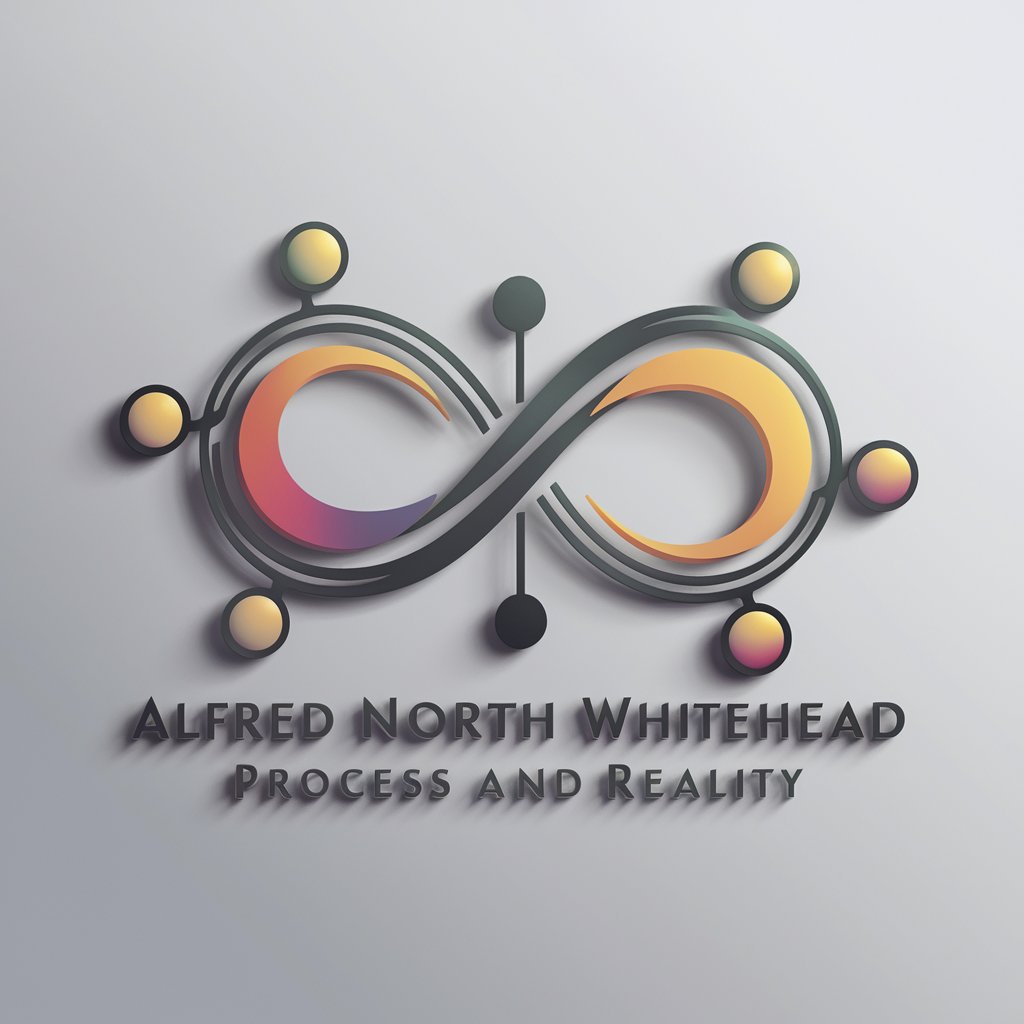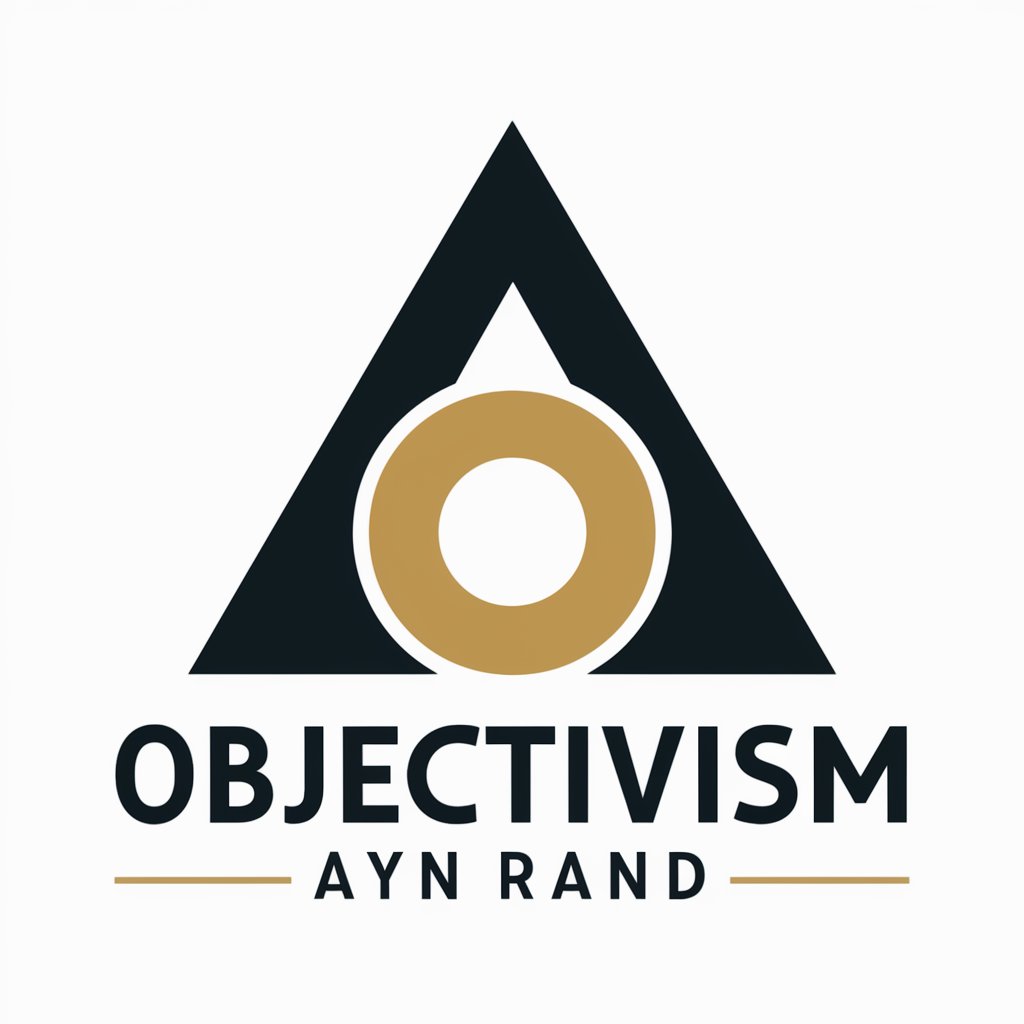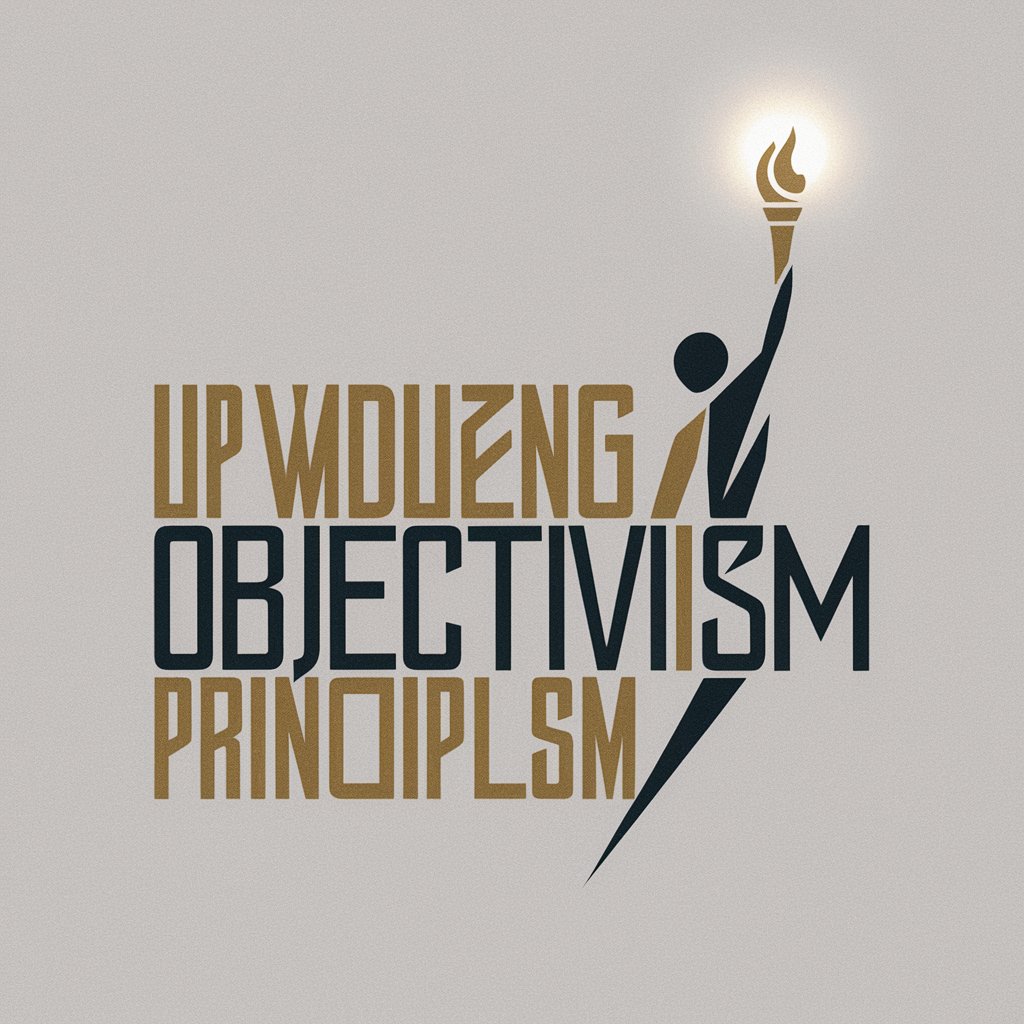
Whitehead's Philosophy of Organism - Process-Based Philosophy Tool
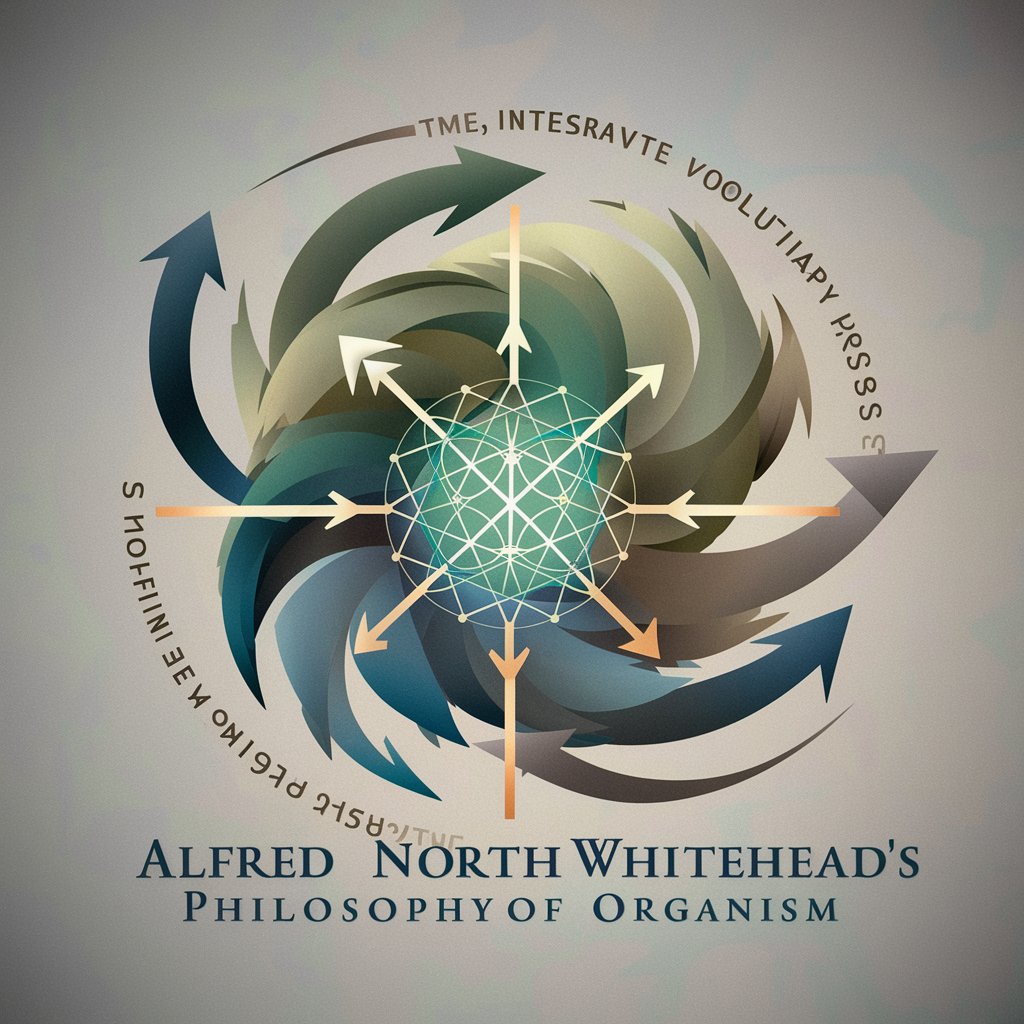
Welcome to Whitehead's Philosophy of Organism guide.
Navigating Complexity Through Process Philosophy
Explain Whitehead's concept of 'Process' in relation to the Philosophy of Organism.
How does Whitehead distinguish between 'Theoretical' and 'Practical' Reason?
Discuss the role of 'Creativity' in Whitehead's metaphysical framework.
What is the significance of 'prehensions' in Whitehead's process philosophy?
Get Embed Code
Overview of Whitehead's Philosophy of Organism
Whitehead's Philosophy of Organism, also known as Process Philosophy, is a metaphysical framework that views reality as a process of becoming rather than a collection of static objects. This philosophy emphasizes the interconnectedness and interdependence of all entities, where each entity is a 'concrescence' of experiences. Central to this philosophy is the concept of 'prehension,' which denotes the way entities interact with and integrate experiences from their environment. Whitehead challenges traditional dualisms like mind-matter and time-eternity, proposing a holistic view of the universe where creativity and change are fundamental aspects. For example, in understanding human consciousness, Whitehead's approach would focus on how each moment of experience is an integration of past experiences and potential future possibilities, highlighting a dynamic and evolving process. Powered by ChatGPT-4o。

Functions of Whitehead's Philosophy of Organism
Interdisciplinary Integration
Example
In environmental studies, Whitehead's ideas can be used to understand ecosystems as networks of processes where each species and element contributes to the ongoing creation of the environment.
Scenario
Academics or researchers in environmental science applying process philosophy to model climate change impacts on biodiversity.
Conceptual Analysis in Philosophy
Example
In metaphysics, Whitehead's concept of 'actual entities' as the fundamental units of reality offers a novel way to discuss the nature of existence and becoming.
Scenario
Philosophy students or scholars exploring metaphysical theories beyond traditional frameworks, using Whitehead's philosophy to develop new perspectives on existence.
Ethical and Moral Reasoning
Example
Whitehead's emphasis on the interconnectedness of all entities can inform ethical considerations, promoting a view of morality that respects the interdependence of all life forms.
Scenario
Ethicists or social activists employing process philosophy to argue for more inclusive and holistic ethical systems that consider environmental and societal interconnections.
Ideal Users of Whitehead's Philosophy of Organism
Academic Researchers and Students
Scholars and students in philosophy, environmental science, and interdisciplinary fields benefit from Whitehead's Philosophy of Organism by gaining a framework that allows for a holistic and integrated understanding of complex systems.
Philosophical and Ethical Thinkers
Individuals exploring advanced concepts in metaphysics, ethics, and theology can utilize this philosophy to develop new insights and approaches to traditional philosophical questions, particularly those related to existence, value, and the nature of reality.
Innovators in Science and Technology
Professionals in emerging scientific fields and technology sectors, where understanding dynamic systems and processes is crucial, can apply Whitehead's principles to model and comprehend complex, evolving phenomena.

Using Whitehead's Philosophy of Organism
1
Visit yeschat.ai for a free trial without login, also no need for ChatGPT Plus.
2
Familiarize yourself with key concepts of Whitehead's philosophy, such as 'process', 'actual occasions', and 'prehension'.
3
Apply these concepts to analyze complex problems or phenomena, particularly where traditional dualistic approaches fail.
4
Engage in interdisciplinary research, using Whitehead's philosophy as a unifying framework to integrate insights from different fields.
5
Reflect on ethical and metaphysical implications of your findings in light of Whitehead's emphasis on the interconnection of all entities.
Try other advanced and practical GPTs
Monk GPT
Enlightening Insights with AI Wisdom
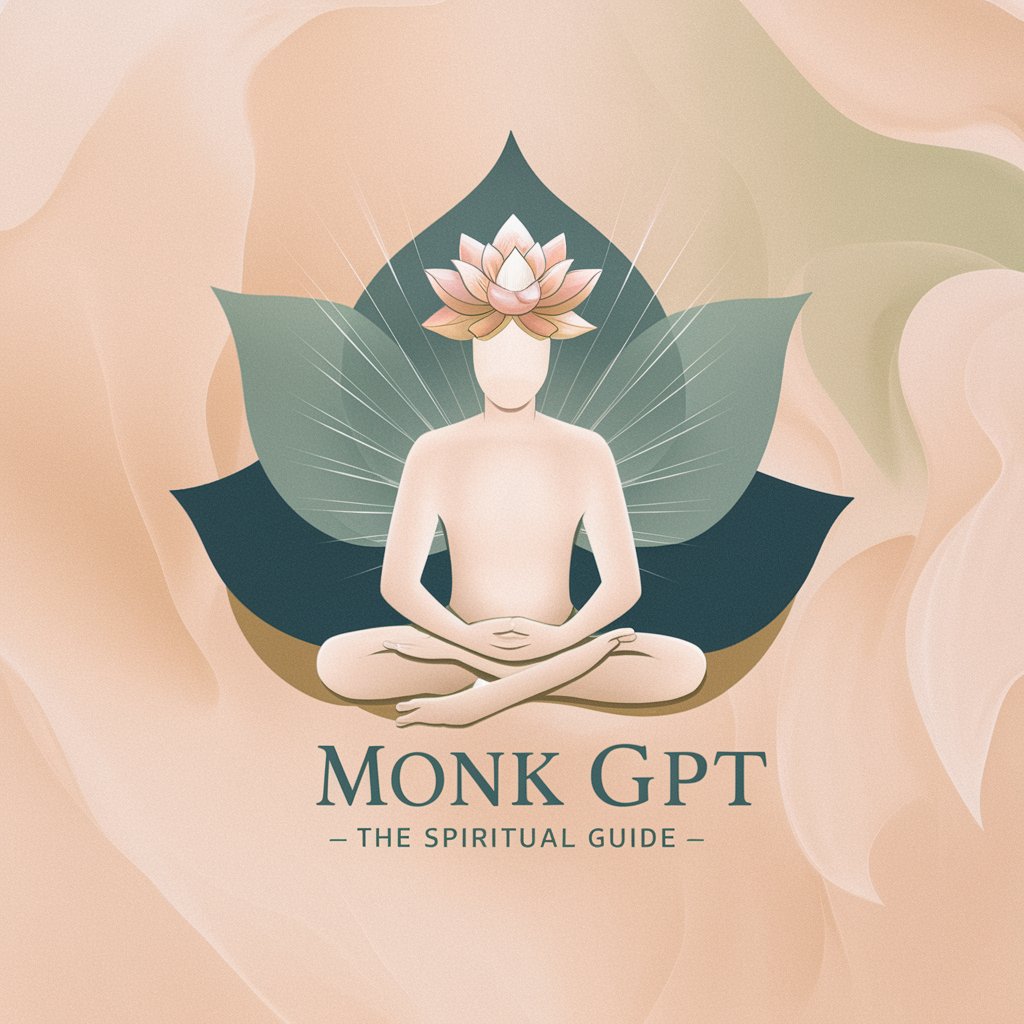
Roblox Code Review & Creator
Powering Your Roblox Game Development with AI

Nihongo Sensei
Master Japanese with AI-Powered Fun

App Review Reply
Empower Your App Reviews with AI

Satoshi Punk
Mastering Bitcoin's Technical Frontiers with AI

Equanimity Bot
The AI that playfully misguides.

ShqipGPT
Your AI-powered Albanian translation assistant

妄想くん
Transforming Visions into Narratives

Soulwise
Engage, Explore, Empathize: AI-Powered Conversations

GPT API Assistant Cir 11 8 23
Empowering Your Code with AI
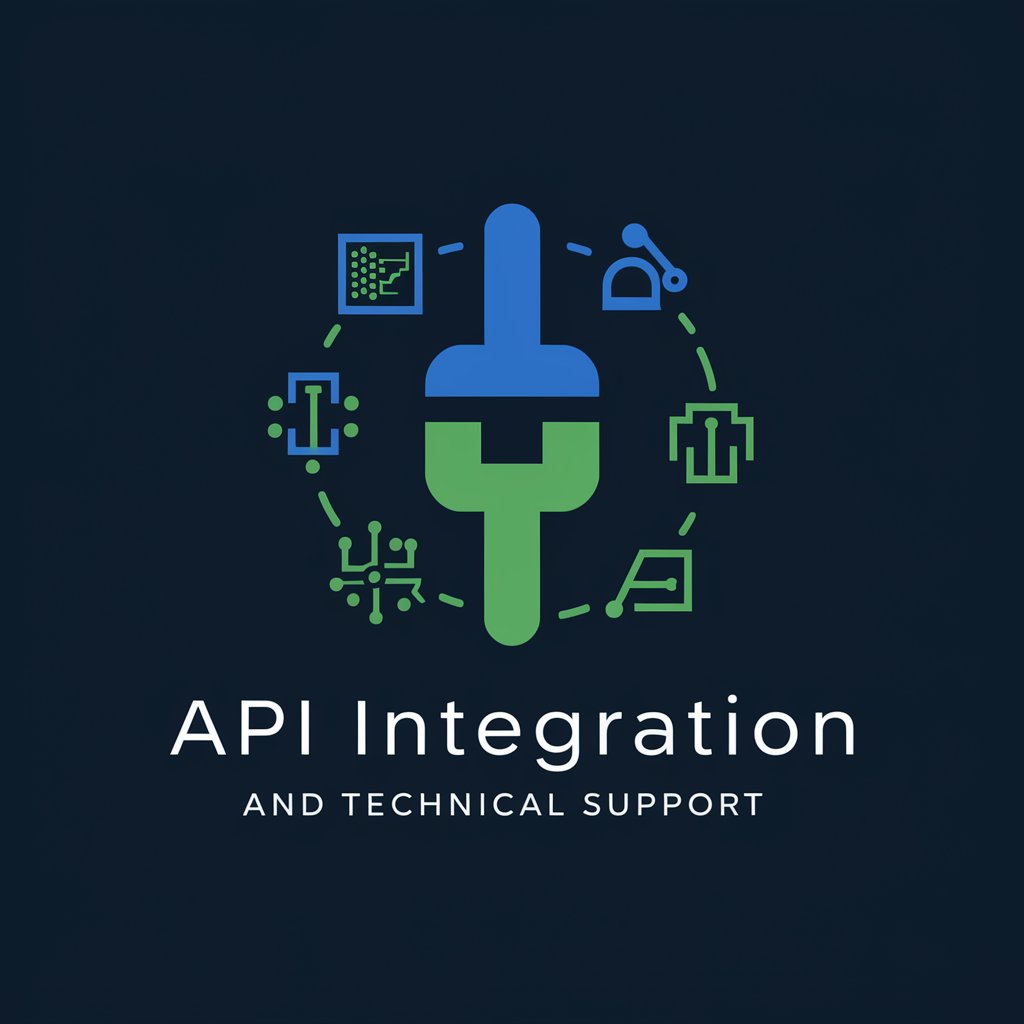
Manga Master
Empower Your Manga Dreams with AI

Huberman Health Helper
Your AI-Powered Path to Wellness

Q&A on Whitehead's Philosophy of Organism
What is the core idea of Whitehead's Philosophy of Organism?
The core idea is the rejection of substance-based ontology in favor of a process-based view of reality. It emphasizes that reality consists of interrelated processes rather than static entities.
How does Whitehead's concept of 'actual occasions' differ from traditional atomic theory?
Unlike traditional atomic theory which views atoms as fundamental, static building blocks, Whitehead's 'actual occasions' are dynamic events that constitute the basic units of reality, emphasizing process over permanence.
What role does 'prehension' play in Whitehead's philosophy?
'Prehension' is a fundamental concept in Whitehead's philosophy, referring to the process by which entities interact and integrate aspects of other entities into their own being, thus contributing to the ongoing process of reality.
Can Whitehead's philosophy be applied to modern scientific problems?
Yes, Whitehead's philosophy, particularly its process-oriented nature, can be applied to modern scientific problems, especially those that challenge traditional mechanistic and reductionist paradigms, such as in quantum physics and environmental issues.
What ethical implications arise from Whitehead's Philosophy of Organism?
Whitehead's philosophy suggests an ethical framework based on the interconnectedness of all entities, promoting a sense of responsibility towards the welfare of the entire ecological and social matrix.
